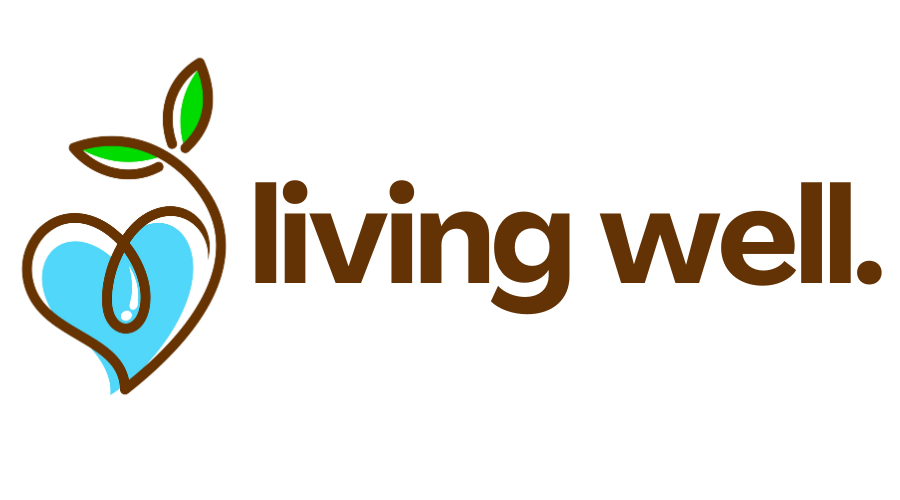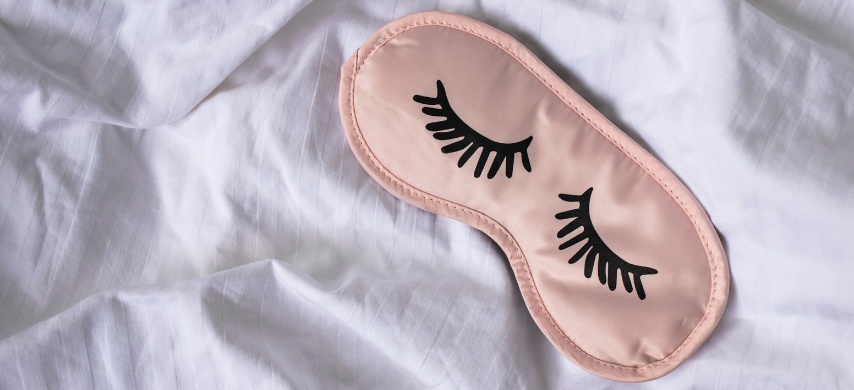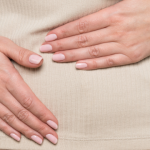Just a quick heads up—some of the links in this post are affiliate links. That means if you click through and make a purchase, I may earn a small commission (at no extra cost to you 🙌).
I only share products and services I truly believe are helpful and worth your time. Your support through these links helps keep this site running, and I’m so grateful for it! 💛
We often hear that we need a solid eight hours of sleep every night, but sleep science has evolved, and many commonly held beliefs are now outdated. Some myths about sleep continue to circulate, causing confusion and, in some cases, harming our sleep quality. Here are 12 myths debunked about sleep.
Myth 1: Sleep Is Just for Rest
Many people think sleep is just about resting and recharging energy levels. While rest is a part of it, sleep serves a much bigger function.
During sleep, the brain remains active, processing memories, repairing tissues, and regulating hormones. Sleep is essential for cognitive function, emotional regulation, and overall health. In fact, studies show that sleep plays a key role in problem-solving and creativity.
The Truth: Sleep helps consolidate memories, process emotions, and regulate important biological functions. It’s not just about feeling refreshed but about maintaining overall well-being.
Myth 2: Sleep Before Midnight Is More Valuable
You might have heard the saying, “Every hour of sleep before midnight is worth two after.” While it’s true that deep sleep tends to occur earlier in the night, what matters most is the total quality and consistency of sleep, not the exact time you fall asleep.
Your body has an internal clock—your circadian rhythm—which dictates when you feel sleepy or alert. If you’re a night owl, trying to sleep too early might make it harder to fall asleep, disrupting your rest.
The Truth: Quality and consistency matter more than the clock. Listen to your body’s natural rhythms instead of forcing yourself to sleep at a specific time.
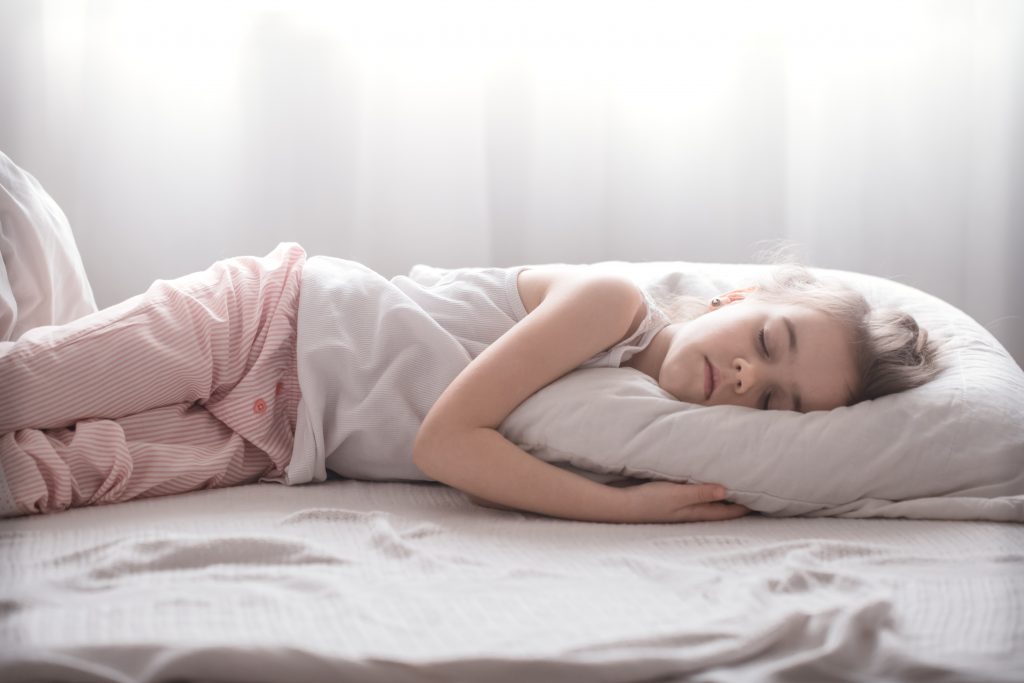
Myth 3: Sleeping Pills Help You Sleep Better
Sleeping pills can help with occasional sleep issues, but they’re not a long-term solution for quality sleep. Many prescription and over-the-counter sleep aids sedate rather than induce natural, restorative sleep.
Some sleeping pills also alter sleep cycles, reducing deep sleep and REM sleep, which are crucial for brain function. Over time, reliance on sleep aids can lead to tolerance, meaning you need higher doses for the same effect.
The Truth: Sleeping pills can help in emergencies but should not be relied upon. Instead, focus on lifestyle changes like a consistent bedtime routine and good sleep hygiene.
Myth 4: Napping During the Day Is Bad for You
Many believe that taking a nap can disrupt nighttime sleep, but it depends on how and when you nap.
Short naps (10-30 minutes) can improve alertness, memory, and mood. However, long naps (especially over 90 minutes) or naps too late in the day may interfere with nighttime sleep.
The Truth: Power naps can be beneficial, especially for those who feel sluggish in the afternoon. Just keep them short and avoid napping too late in the day.
Myth 5: Feeling Drowsy Means You’re Weak or Lazy
Some people associate feeling tired with laziness, but drowsiness is a natural signal from your body that it needs rest. If you’re frequently feeling sleepy, it might be a sign that you’re not getting enough quality sleep.
The Truth: Feeling drowsy isn’t about being lazy—it’s a sign that your body needs rest. Prioritize sleep instead of pushing through fatigue.
Myth 6: People Who Sleep Less Live Longer
A 2002 study suggested that people who sleep less might live longer, but later research debunked this idea. Both too little and too much sleep can be linked to health problems, including cardiovascular disease, diabetes, and cognitive decline.
What matters most is getting the right amount of sleep for your body, which is typically 7-9 hours for adults.
The Truth: Quality sleep is key to longevity. Aim for the amount of sleep that leaves you feeling rested, not just the shortest duration possible.
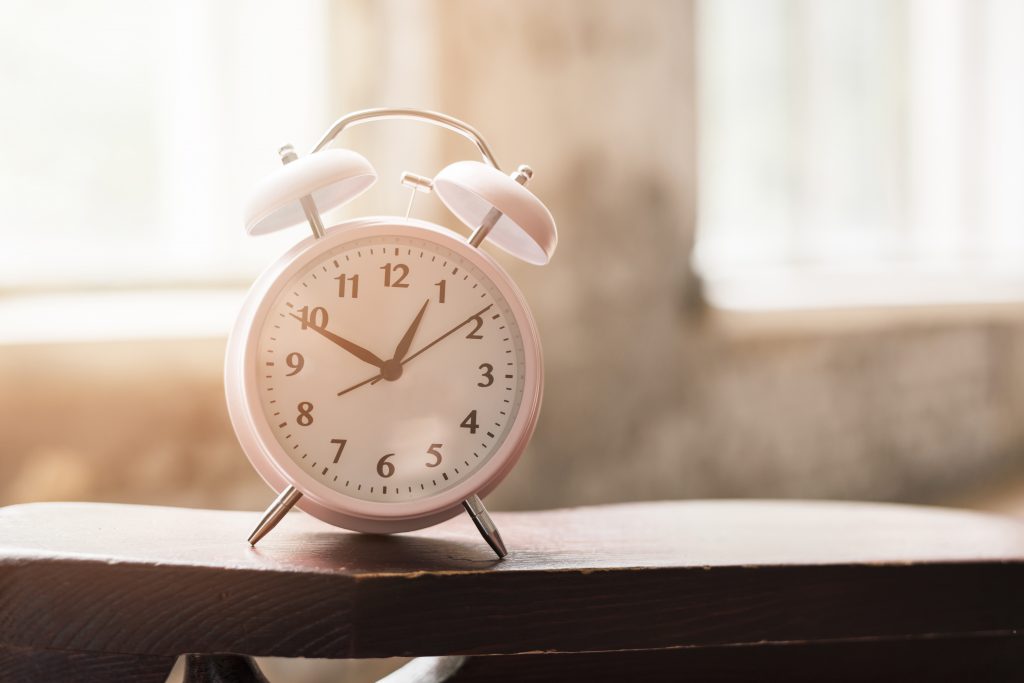
Myth 7: An Alarm Clock Helps Regulate Sleep Rhythms
An alarm clock can help wake you up at a set time, but it doesn’t regulate your natural sleep rhythm. Waking up to an alarm means you’re likely interrupting your body’s natural wake cycle, which can leave you feeling groggy.
The best way to regulate your sleep cycle is to wake up naturally, without an alarm, by maintaining a consistent sleep schedule.
The Truth: Alarm clocks force you to wake up, but they don’t improve sleep rhythms. A consistent sleep schedule is a better approach.
Myth 8: Night Shift Work Is Always Harmful
Night shifts can be challenging, but they aren’t necessarily harmful if managed correctly. The biggest issue is frequently switching between night and day shifts, which can throw off your circadian rhythm.
Workers who stay on a consistent night shift schedule and make sure to get enough sleep during the day can still maintain good sleep health.
The Truth: Working at night isn’t the problem—constantly changing schedules is. If you work nights, try to keep a stable sleep routine.
Myth 9: Going to Sleep at the Same Time Every Night Is Always Best
While a consistent sleep schedule is great for many people, it doesn’t work for everyone. Some individuals struggle with conditions like insomnia or shift work disorder, making a strict bedtime stressful rather than helpful.
Forcing yourself to sleep when you’re not tired can make insomnia worse. Instead, it’s better to go to bed when your body naturally feels sleepy.
The Truth: A consistent schedule can help, but forcing a bedtime when you’re not sleepy may backfire.
Myth 10: You Need Complete Darkness and Silence to Sleep Well
Darkness and silence can improve sleep, but some people sleep just fine in noisy or bright environments. Light sensitivity varies, and some people find white noise or background sounds helpful for sleep.
For those sensitive to light, blackout curtains can help. If you need noise to sleep, try white noise machines or soft music.
The Truth: Darkness and silence help, but they aren’t always necessary. It depends on individual preference and sleep habits.
Myth 11: Supplements Like Magnesium or Folic Acid Will Fix Sleep Problems
Vitamins and minerals play a role in overall health, but they aren’t magic sleep solutions unless you have a deficiency.
If you lack magnesium, for example, supplementation may help, but for most people, sleep problems come from stress, lifestyle, or bad sleep habits rather than a lack of nutrients.
The Truth: Supplements can support health, but they aren’t a cure-all for sleep issues. Focus on sleep hygiene first.
Myth 12: Waking Up with the Sun Is the Best Way to Start Your Day
Waking up naturally is ideal, but forcing yourself to rise with the sun isn’t always beneficial. If your body isn’t well-rested, waking up early can lead to sleep deprivation and grogginess.
Some people naturally wake up early, while others function better with a later wake-up time.
The Truth: It’s best to wake up when your body feels rested, not just when the sun rises.
Sleep is one of the most essential functions of the human body, yet it’s surrounded by myths that can lead to confusion and unhealthy habits. Understanding the truth about sleep helps us make better choices for our well-being. Rather than forcing rigid rules or relying on quick fixes, it’s important to listen to your body’s natural rhythm and prioritize quality rest. Whether you’re a night owl or an early riser, what matters most is getting the sleep your body truly needs.
Disclaimer: I am not a physician or medical professional. The information in this article is for informational and entertainment purposes only and should not be considered medical advice. Always consult with a qualified healthcare provider before making any changes to your sleep habits, health routines, or lifestyle.

